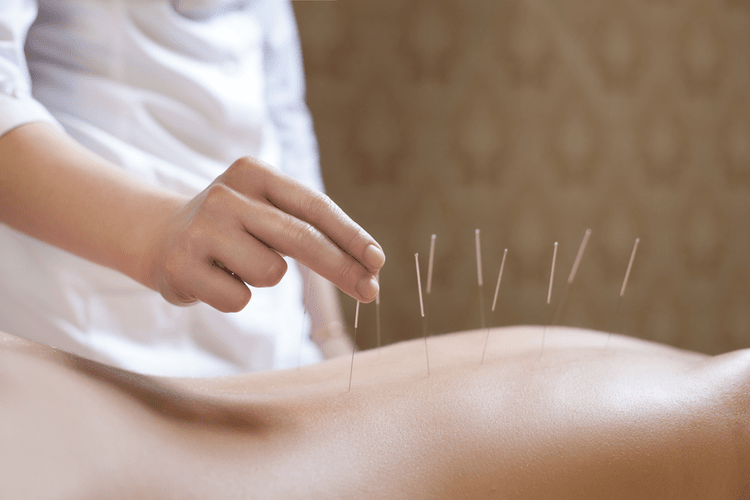Now that you are sober, you may have discovered that some of your past relationships were not only unhealthy but downright toxic. It’s not just your drinking buddies and drug dealers who can get you into trouble—sometimes those who are closest to you can contribute to a relapse. Friends and family members of people who have an alcohol addiction can benefit from professional support or by joining programs like Al-Anon. For example, antidepressants, if someone with an alcohol addiction were self-medicating to treat their depression. Or a doctor could prescribe drugs to assist with other emotions common in recovery.
Health Challenges
Currently, there is no agreed upon definition of the term “recovery” within the alcohol treatment literature. The effectiveness of treatment programs is typically evaluated based primarily on assessment of alcohol consumption, or reduction in drinking frequency and problem severity, but several treatment modalities view abstinence from drinking as a requisite criterion for recovery. The recovery process also signifies numerous lifestyle and biological changes (physical health) that are difficult to operationalize.
Clinical Diagnosis of AUD
If a trigger is unavoidable, consider what you can do differently next time you face it. While the recovery period may be challenging, it’s also filled with milestones that can transform your life into one that’s better than you could have previously imagined. Since withdrawal symptoms tend to ebb and flow, https://oscar-wilde.ru/english/portret-doriana-greya-na-angliyskom-yazyke.html you may be tempted to feel like you’re not making progress ― even though in reality, you’ve come a long way. Here, we briefly share the basics about AUD, from risk to diagnosis to recovery.
Recovery from Alcohol Use Disorder Overview

Further investigation of social identity models, the role of social networks, and patient-centered research on the recovery experience is important for broadening the scope of assessment of recovery-relevant outcomes. In addition to contributing knowledge about how people recover, such qualitative research can inform improvements in alcohol services that are responsive to the preferences and needs of consumers of services and thus may help close the long-standing gap between need and alcohol services utilization. Active participation in a mutual support group can benefit many people as well.28 Groups vary widely in beliefs and demographics, so advise patients who are interested in joining a group to try different options to find a good fit. In addition to widely recognized 12-step programs with spiritual components such as AA, a number of secular groups promote abstinence as well, such as SMART Recovery, LifeRing, Women for Sobriety, Secular Organizations for Sobriety, and Secular AA (see Resources, below, for links).

What Are the Types of Treatment for Alcohol Use Disorder?

While the process may take several years, the outcome is a happier, healthier life where you have the freedom to fulfill your full potential. The challenge of this stage is to essentially develop and maintain healthy life skills that will serve you for a lifetime. An exciting part of this period is that it can lead you to a happier life full of welcomed change and constant improvement. While participating in the 12 steps of recovery can be beneficial for many people, consider the advantages and disadvantages of these programs before you decide if this approach is right for you. Though the original Twelve Steps of AA have been adapted over time, the premise of each step remains the same for all recovery programs that use a 12-step model.
Staying Sober: 13 Strategies
AUD is responsible for many serious medical conditions and contributes to http://www.out-football.com/devid-bekxem-stal-licom-zhurnala-mens-health-v-marte.html 95,000 deaths a year in the United States. AUD can lead to a variety of occupational, legal, and interpersonal problems. Recovery from AUD is possible, but data related to recovery are limited.
- Unlike cocaine or heroin, alcohol is widely available and accepted in many cultures.
- Many people with AUD do recover, but setbacks are common among people in treatment.
- Explore Mayo Clinic studies testing new treatments, interventions and tests as a means to prevent, detect, treat or manage this condition.
- Severity is based on the number of criteria a person meets based on their symptoms—mild (2–3 criteria), moderate (4–5 criteria), or severe (6 or more criteria).
Therefore, we can predict that, over time, the high-risk drinkers in Fan et al. (2019) will be more likely to have positive outcomes than a worsening of AUD symptoms. An individual may be abstaining from alcohol and not meet DSM-5 criteria for AUD, but be a miserable “dry drunk” (Pattison, 1968) with little or no improvement in functioning or well-being. Third, consumption-based thresholds have not been well-validated in clinical or general population samples. Research has found that consumption cutoffs lack sensitivity and specificity for predicting problems related to alcohol use and they do not differentiate individuals based on other measures of health or functioning (Pearson et al., 2016; Wilson et http://aidb.ru/?aion=item_info&id=160003552 al., 2016).
- Choosing the right option for you will depend on a variety of factors, such as your medical history and other conditions to determine the appropriate placement.
- Such symptoms are often related to mood and may include irritability, anxiety, depression, sleep problems, and fatigue.
- Alcohol addiction may involve several different treatment methods.
- If you or a loved one is struggling through the process of alcohol recovery, our admissions navigators are just a phone call away.
A common initial treatment option for someone with an alcohol addiction is an outpatient or inpatient rehabilitation program. It can help someone handle withdrawal symptoms and emotional challenges. Outpatient treatment provides daily support while allowing the person to live at home. In addition to addressing a person’s drinking habits, thoughts, and behaviors, professionals promote exercise, proper nutrition, and healthy relationships. Support groups provide helpful literature, a safe place to share concerns, and a network of people to turn to as needed. The process of recovery is highly personal and occurs via many pathways.